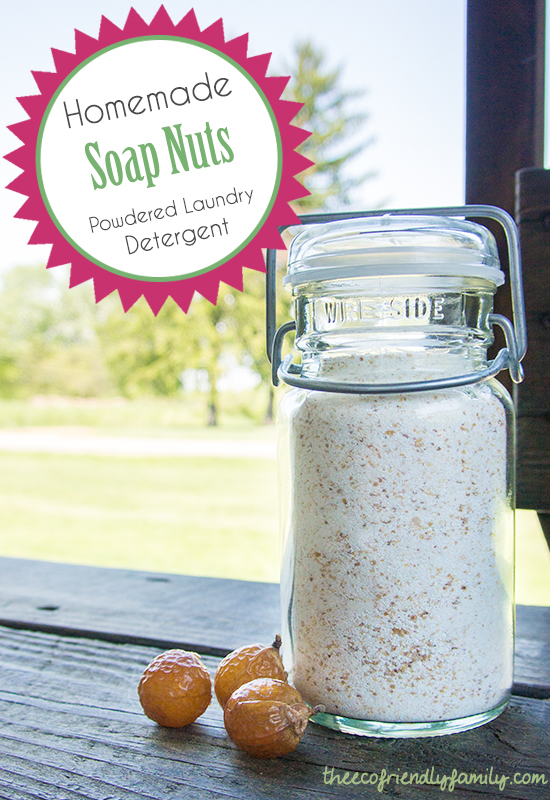
Goodbye Harsh Chemicals: Crafting Natural Laundry Detergent for a Sustainable Homestead
Are you tired of harsh chemicals lingering on your clothes and seeping into the environment with every wash? As homesteaders, we strive to live in harmony with nature, and that includes making conscious choices about the products we use. Switching to natural laundry detergent is a simple yet powerful step towards a more sustainable lifestyle, reducing our environmental footprint and protecting our families from potentially harmful ingredients.
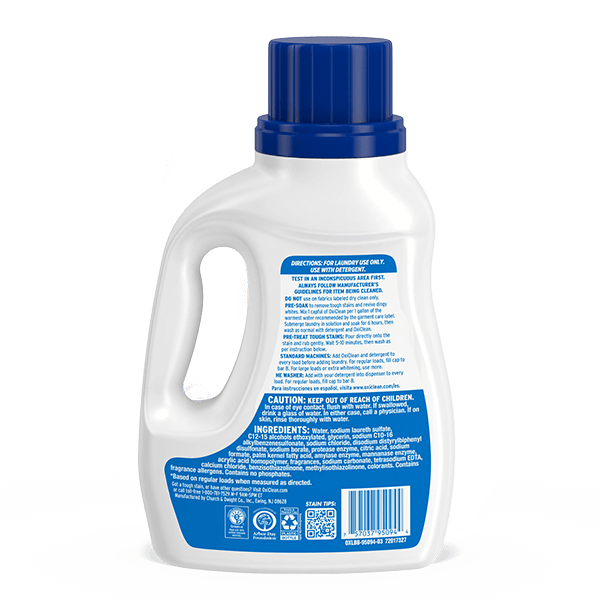
A jar of homemade, natural laundry detergent made with soap nuts and lavender.
Perhaps you've hesitated to make the switch, concerned about natural detergents' ability to tackle tough stains, prevent residue buildup, or keep whites bright. It's true that natural laundry solutions require a slightly different approach, but with the right recipes and techniques, you can achieve sparkling clean laundry without compromising your values. This guide will walk you through creating your own effective and eco-friendly laundry detergent using borax-free ingredients, ensuring a healthier home and planet.
Recipe 1: Soap Nut Liquid Laundry Detergent
Soap nuts, or soap berries, are a fantastic natural alternative to traditional detergents. These berries contain saponin, a natural surfactant that creates a soapy lather when agitated in water. They are gentle on fabrics, effective at cleaning, and completely biodegradable. Here's how to make your own soap nut liquid laundry detergent:
Ingredients:
- 30 soap nuts (soap berries)
- 8 cups of water
- 1 tablespoon of washing soda
- 10 drops of lavender essential oil
- Optional: 1 tablespoon of sodium percarbonate (oxygen bleach alternative) for whites
Instructions:
- Boil the Soap Nuts: Place the soap nuts and water in a stainless steel pot. Bring to a boil over medium-high heat.
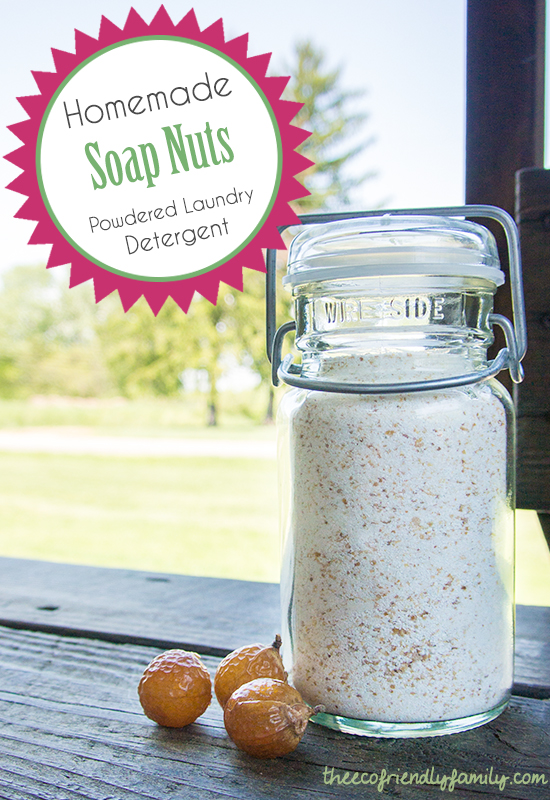
Soap nuts boiling in water, releasing their natural cleaning agents.
Simmer: Reduce heat to low and simmer for an additional hour, allowing the saponins to fully extract from the soap nuts.
Strain: Remove from heat and let the mixture cool slightly. Strain the liquid through a fine-mesh sieve or cheesecloth, discarding the boiled soap nuts (they can be composted!).
Add Washing Soda and Essential Oil: Stir in the washing soda and lavender essential oil (and sodium percarbonate, if using) until well combined. Washing soda helps to boost the cleaning power and soften water, while lavender essential oil adds a pleasant scent and has antibacterial properties.
Store: Pour the liquid laundry detergent into a clean glass jar or bottle. Store in a cool, dark place.
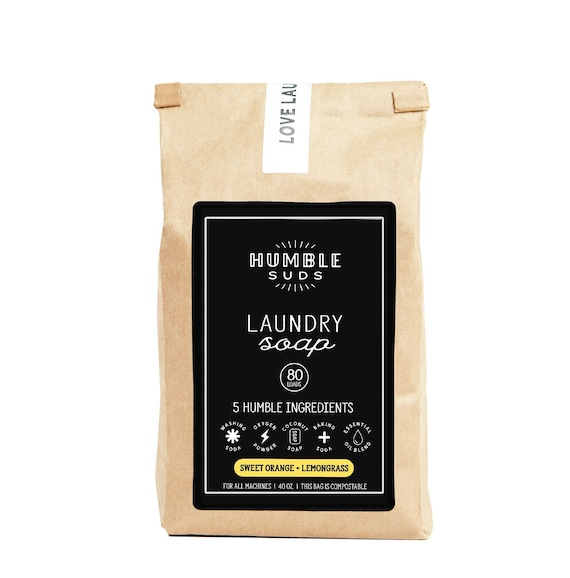
Finished soap nut liquid laundry detergent in a labeled glass jar.
Usage:
Use approximately 1/4 cup of liquid detergent per load. Adjust the amount based on the size and soil level of your laundry.
Recipe 2: Washing Soda and Essential Oil Powder Detergent
This recipe is incredibly simple and quick to make, perfect for those who prefer a powder detergent. Washing soda is a natural cleaning agent that effectively cuts through grease and dirt.
Ingredients:
- 1 cup of washing soda
- 20 drops of lemon and tea tree essential oils
- Optional: 1/2 cup of sodium percarbonate (oxygen bleach alternative) for whites
Instructions:
Combine all ingredients in a glass bowl and mix thoroughly. Ensure the essential oils are evenly distributed throughout the washing soda. Store in an airtight container.

Washing soda and essential oils being combined to make a powdered laundry detergent.
Usage:
Use 1-2 tablespoons of powder detergent per load, depending on the size and soil level of your laundry.
Troubleshooting Natural Laundry Detergent
Switching to natural laundry detergent may require some adjustments to your routine. Here are some common issues and how to solve them:
Residue: If you notice residue on your clothes, it's often due to hard water. Try adding 1/4 cup of white vinegar to the rinse cycle as a natural water softener.
Stain Removal: Pre-treat stains with a paste of washing soda and water before washing. Allow the paste to sit on the stain for at least 30 minutes before laundering. You can also find other natural stain remover recipes online utilizing ingredients like hydrogen peroxide, baking soda, and lemon juice.
Greyed Whites: To keep whites bright, use sodium percarbonate (oxygen bleach alternative) in the recipe. Wash whites separately from colored clothes. And most importantly...
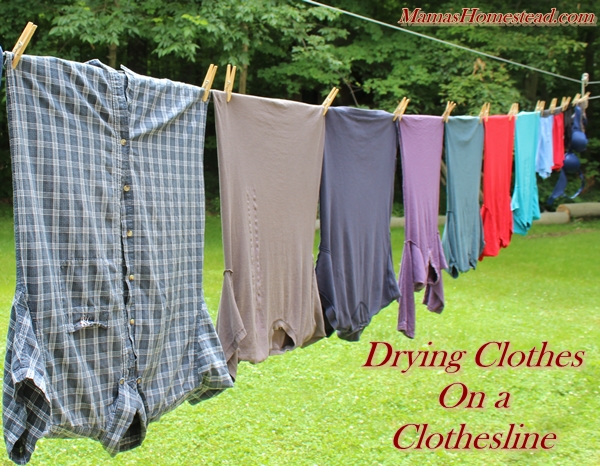
White laundry drying on a clothesline in the sun, showcasing the natural bleaching effect.
Embrace the sunshine! Line-drying your clothes is a fantastic way to naturally bleach and brighten whites.
Sustainable Laundry Practices for the Homestead
Making your own natural laundry detergent is just one piece of the sustainable laundry puzzle. Here are some additional practices to incorporate into your homestead routine:
Line Drying: Ditch the dryer and embrace the power of the sun and wind. Line drying saves energy and gives your clothes a fresh, natural scent. In humid climates, consider using an indoor drying rack or a covered porch to prevent mildew.
Cold Water Washing: Washing in cold water saves energy and is often just as effective as hot water, especially with natural detergents. Many modern detergents are formulated to work well in cold water.
Efficient Machine Settings: Use the appropriate wash cycle for the load size and soil level. Avoid unnecessary water usage by selecting the correct settings on your washing machine. Consider upgrading to a high-efficiency washing machine for optimal water conservation.
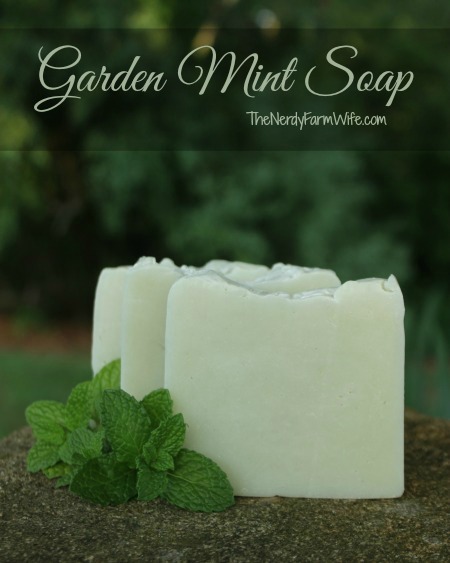
Choosing efficient settings and cold water washing for sustainable laundry.
Embracing a Greener Clean
Switching to natural laundry detergent and adopting sustainable laundry practices is a win-win for your home and the environment. By crafting your own borax-free detergent, you’re reducing your exposure to harsh chemicals, minimizing your environmental impact, and saving money in the long run. Embrace these simple changes, and you'll be well on your way to a healthier, more sustainable homestead.